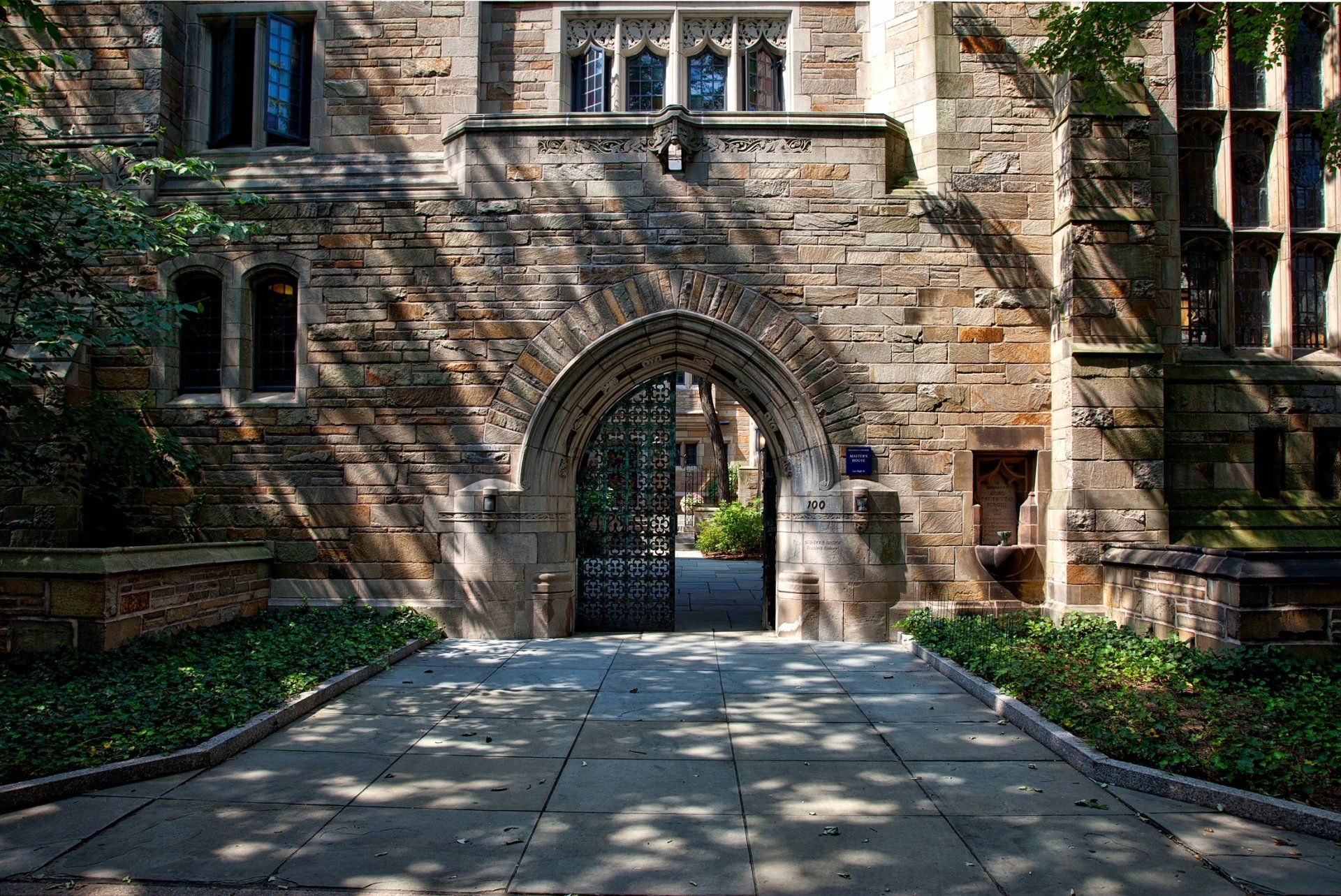Which college offer should you take?
March is the time when universities send out admission letters. First of all, congratulations to those who have received their desired admissions. May you enjoy your college life happily for the next four years or even longer, and may you gain fruitful experiences. For those who did not receive admission from your dream schools, getting into college is not the end of the story; it’s just the beginning of a new chapter. You never know what lies ahead. You never know if oday's disappointment will turn into tomorrow's blessing. So, how do you choose an offer after receiving admission? Today, this article will provide some directions.
The first factor to consider is straightforward: Can you afford the tuition? Of course, students generally consider this question before applying. However, after receiving an offer, there are two things to consider: 1) How much financial aid have you received? After receiving financial aid, consider how difficult it may be for you to pay the remaining fees. 2) The cost-effectiveness of the university. Can you negotiate with the school for more financial aid? If you find that the cost-effectiveness of the school is not high or if it's financially challenging for you, then you need to weigh your options and consider whether it's worth it.
The second factor to consider is
your future planning. Does the university align with your future plans? For example, if you plan to major in biochemistry, do you intend to work after graduation or pursue further studies? Are you considering medical school, research, or working in a pharmaceutical company? Are you aiming for a master's or a doctoral degree? All of these factors influence the choice of college. For medical school, you would definitely want to attend a university with a good medical school. For research, you would prefer a university with faculties you like to work with or subfields you are interested in. If you don't plan to pursue a PhD, then you might prioritize a university with a good location or abundant internship opportunities that lead to easy employment after graduation.
The third factor is rankings and reputation, which are actually related to future planning too. For example, if you're in the humanities or business, or if you plan to study law in the future, then rankings are very important. However, if you're in engineering or computer science, rankings may not be as crucial. Your internships and projects would be more important in these fields.
The fourth factor is "Will you be happy at this college". After all, you'll be spending four years or more there, it's important to consider whether you'll enjoy your time there. Some schools are highly competitive, and students may not have much leisure time for extracurricular activities. Others have a vibrant campus life with numerous clubs and social opportunities. Some schools are small, while others are large; some are located in rural areas, while others are in urban settings. These are all factors to consider, and there's no right or wrong choice—what matters is finding a school that suits you best.
The fifth factor to consider is the academic aspect of the school. This includes grading policies, the ease of earning high grades, and how strict professors are. This is particularly important for students who plan to pursue graduate school after college. Attending an undergraduate program where it's easier to maintain a high GPA is crucial for those considering further academic pursuits.
The last factor to consider is the availability of job resources. For example, whether the school offers co-op programs, the specifics of these programs, when you can apply, whether the school is a target school for recruiters, the scale of campus recruitment, the strength of the alumni network, and the effectiveness of the career center. While these factors may seem far for freshmen, four years pass quickly, and it's important to consider them when choosing offers to avoid discovering insufficient job resources when it's too late.
Below are some questions I often received from students and parents and my suggestions.
Regarding seeking more scholarships. If the student prefers School A but wants to negotiate for more money, is that possible?
First, you need to speak with the financial aid office, not the admissions office. You need to convey who you are, that you've been accepted, that you're very interested in the school, and that you're genuinely willing to attend. You must make them believe that the school is your top choice, and the only obstacle is the financial aspect. If it's not possible, they will tell you right the way. If it is, they will try to find a solution. Generally, if the school has room for negotiation, you can secure more scholarship funds by advocating for yourself.
Many students are conflicted about school rankings and prioritize them in their school selection process.
For fields like finance, business, and social sciences, the school can indeed help you secure your first job. However, in other fields, this may not be as apparent. For example, in the engineering field, internship experiences are more critical than the school's ranking. The prestige of the school can only assist you in securing your first job, and its aura will diminish within five years. If you consider it rationally, ranking should not be your sole criterion for selecting a school.
Small Pond vs. Big Pond
Many studies indicate that at second-tier schools, which are typically ranked between 20th and 40th, professors tend to pay more attention to students, provide more support and guidance, and invest more time in them. The reason is simple: there are too many outstanding students at top-tier schools, and there isn't as much individual attention available. Some students may experience a cultural shock when they enter college because they were at the top of their class in high school but find themselves blending into the crowd in college. This is also a factor to consider when choosing offers: Are you willing to be a small fish in a big pond or a big fish in a small pond? This isn't just about psychological adjustments but also about how many resources and attention you can receive from professors. For instance, in a big pond, you may miss out on opportunities for research assistant positions because of the competition.
















